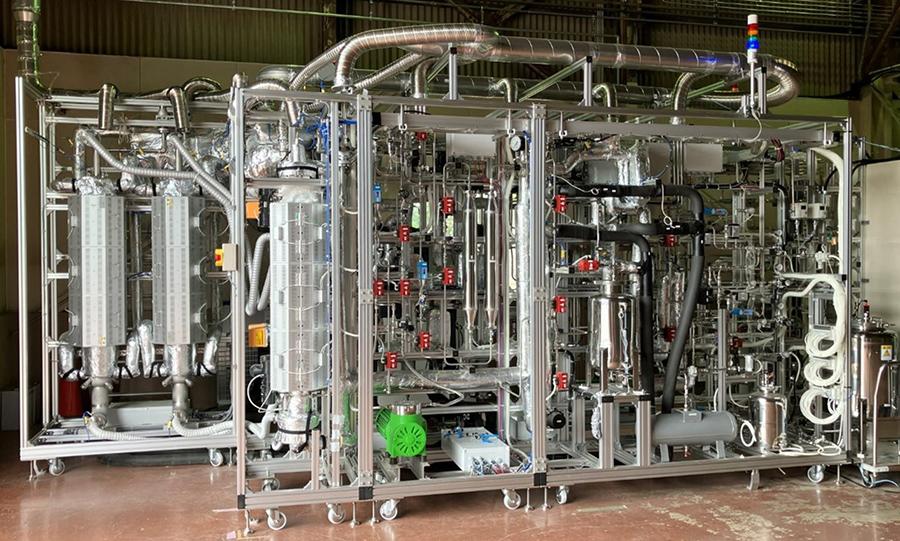Updated by "Forest Circular Economy" Editorial Board on June 12, 2025, 10:00 AM JST
Editorial Board, Forest Circular Economy
Forestcircularity-editor
We aim to realize "Vision 2050: Japan Shines, Forest Circular Economy" promoted by the Platinum Forest Industry Initiative. We will disseminate ideas and initiatives to promote biomass chemistry, realize woody and lumbery communities, and encourage innovation in the forestry industry in order to fully utilize forest resources to decarbonize the economy, strengthen economic security, and create local communities.
On June 11, Mitsubishi Heavy Industries, Ltd. (MHI) announced its investment in iPEACE223, a startup with technology to produce clean fuels and chemical raw materials from bioethanol. The investment is part of efforts to break away from dependence on fossil fuels by utilizing renewable resources.
The core of the technology developed by iPEACE223 is the sustainable production of propylene and propane from bioethanol. Propylene is the basic raw material for plastic products that are indispensable in our daily lives, from automobile parts to home appliances, clothing, and packaging materials. Currently, most of it is made by cracking naphtha, a fossil fuel.

The company's technology utilizes zeolite, a porous mineral, as a special catalyst to efficiently produce these substances from bioethanol. The raw material, bioethanol, can be produced from biomass, including forest resources. This has great value from the perspective of energy and resource security, not to mention its contribution to carbon neutrality.
Through this investment, MHI will accelerate the development of clean energy technologies and promote efforts to realize a decarbonized society. The significance of this investment is the expectation that moves toward social implementation of innovative technologies will gain momentum. The combination of the startup's creative ideas with the manufacturing technology, sales network, and capital resources of a large corporation will pave the way for the construction of demonstration plants and commercialization of the technology.